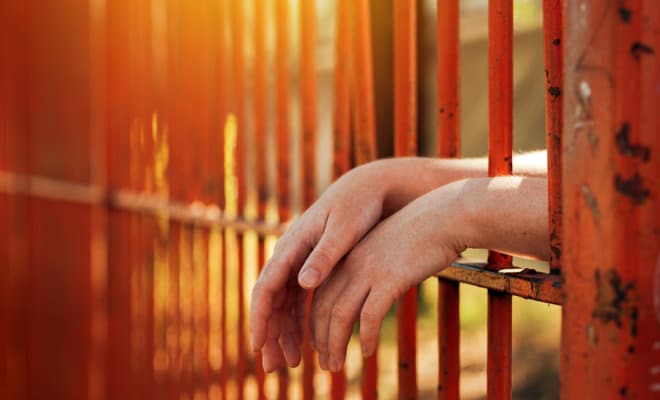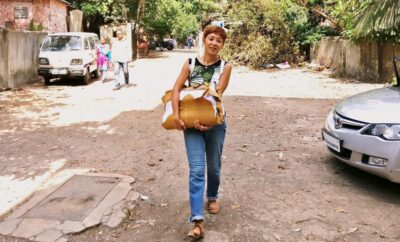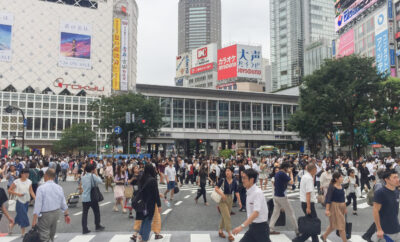Life
Indian Man’s Family Who Died in Japan’s Detention Center Demand Details of his Death

Representational Image
Photo: Bigstock
Deepak Kumar was detained by the Japanese officials in July 2017 and had been in detention for nine months.
The family of an Indian man, who died in an immigration detention center at Ibaraki near Tokyo in Japan on April 13 under mysterious conditions, claim that he did not commit suicide since he seemed to be “absolutely fine” when they spoke to him on the phone on April 12.
The family is now demanding details of the incident that Japanese officials have said was a suicide. The death had also resulted in a protest and hunger strike by some of the other detainees at Ibaraki center, according to The Indian Express.
Ludhiana-based Deepak Kumar, 32, had gone to China on a ‘tourist visa’ in April 14, 2017. “He had boarded the flight, along with two friends, from Mumbai on April 14, 2017,” said Sanjiv Kumar or Sanju, his brother, reported IE. They were set to return to India on April 17, 2017 and the return flight was via Japan. They chose to stay back in Japan and look for jobs. While the other two returned in June, Deepak stayed back.
Deepak was detained by the Japanese officials in July 2017 and had been in detention for nine months. He had spoken with his family on April 12.
“He was fine. He enquired about parents, our sisters and children in our joint family. He was not tense nor did he mention any problem. There is no way this can be suicide. We want to know what actually happened. He would call every 7-10 days,” said Sanjiv, as per the report.
“They said Japanese authorities communicated the cause of death as suffocation but are unwilling to provide CCTV footage to Indian authorities to verify. Deepak never had any health problem and was fit,” claimed Sanjiv.
An activist, Kimiko Tanaka, said that Deepak’s release was denied a day before his death. He had been detained in Japan for around ten months, she said, citing a detainee on the same block as the source of this information.
With Deepak’s death the toll of deaths in Japan’s immigration detention system was 14 since 2006. The detention centers have also received backlash over medical standards, monitoring of detainees and mental health care, according to the report.




You must be logged in to post a comment Login